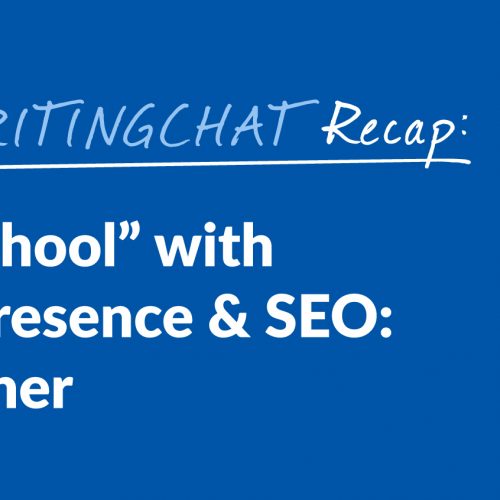
This time of year, a lot of people are heading back to school. They’re stocking up on supplies,...

This time of year, a lot of people are heading back to school. They’re stocking up on supplies,...
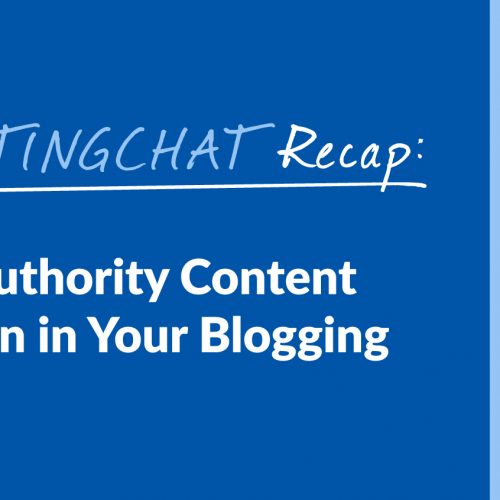
Are you wondering how to create authority content for your blog to see major results online? This week’s...

This week, we had our second community edition of #ContentWritingChat! In case you aren’t familiar, that basically means...
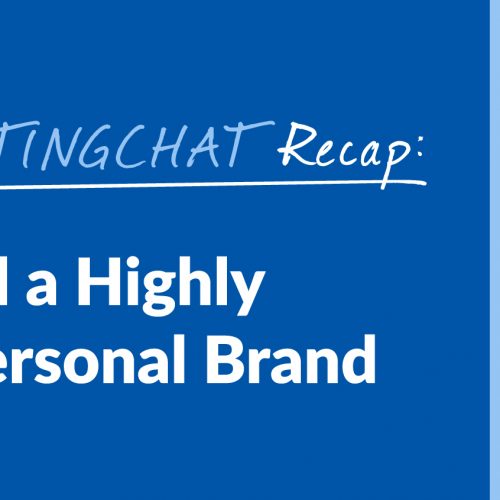
Are you wondering how to build a personal brand that stands out online? If so, you’re in luck!...
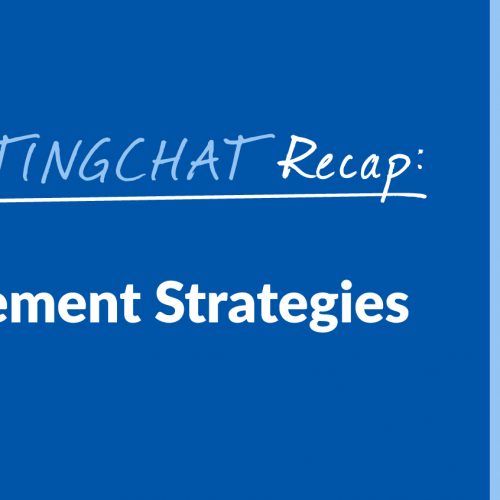
Are you wondering how you can see more Twitter engagement? If so, you aren’t alone! It’s a great...
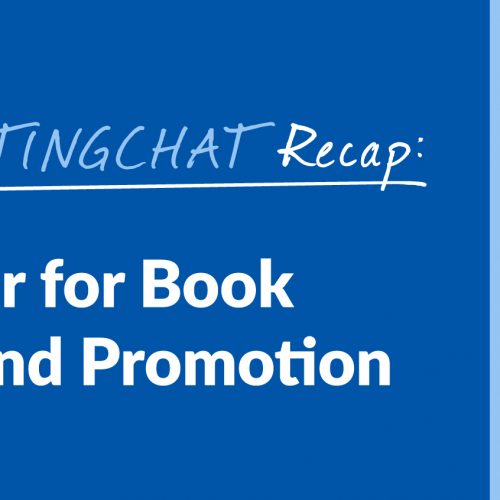
Calling all authors! Are you wondering how you can use Twitter to market and promote your brand new...
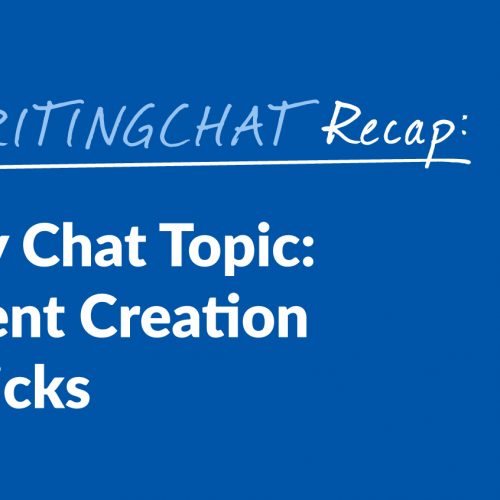
This week on #ContentWritingChat, we decided to switch things up a bit! As you may know by now,...

By now, you probably know how important content marketing and SEO are for your online brand. But do...
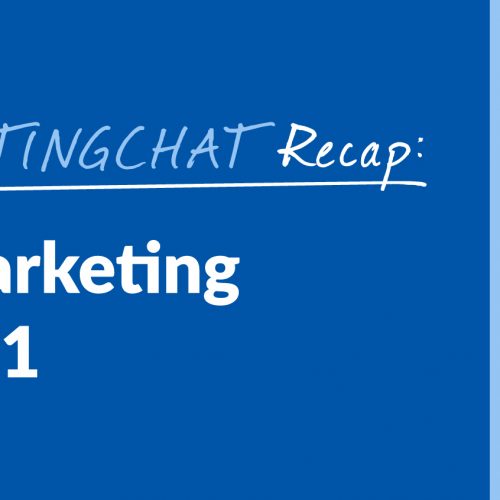
Do you have a content marketing strategy in place for your brand? If not, it’s time you create...
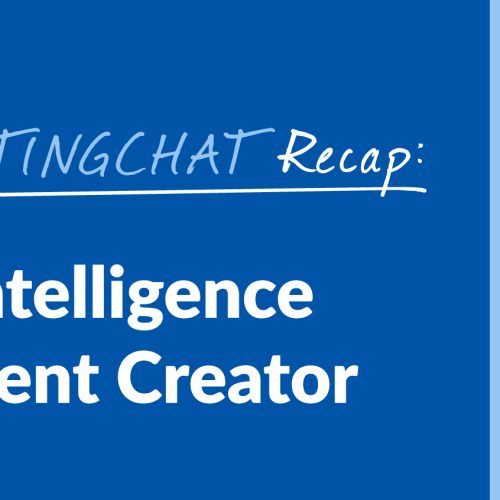
In this week’s #ContentWritingChat, we talked about one of the biggest things in the tech world at the...
No HR needed to get access to the best writers, editors, QAs, and strategists. We are your all-in-one content writing service delivering publish-ready content.
Copyright – 2025 Express Writers -All rights reserved